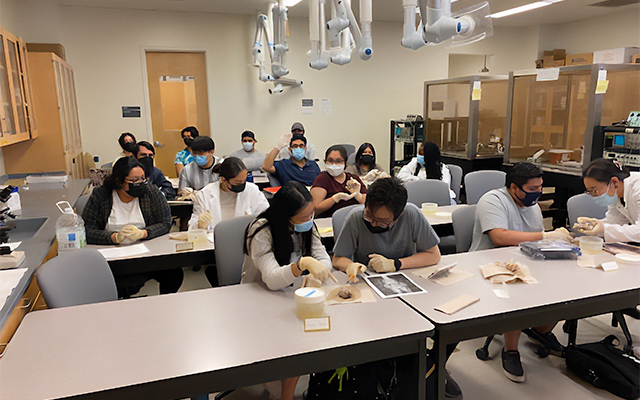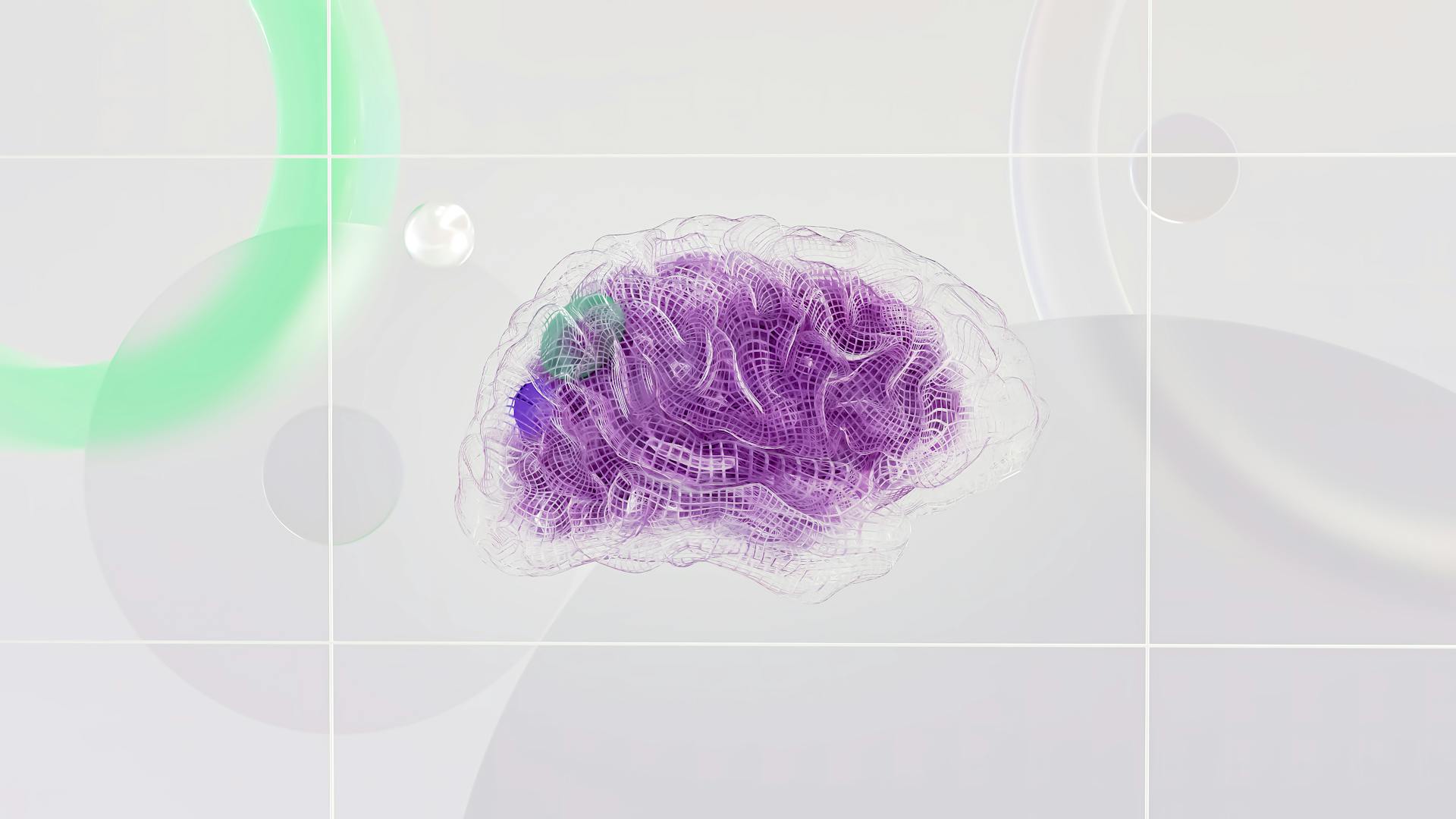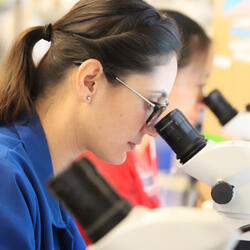Neuroscience is the study of the nervous system with the focus on the brain and its impact on behavior and cognitive function.
What makes Neuroscience unique at UCR?
The Neuroscience major is an intercollege major offered by the College of Natural and Agricultural Sciences and the College of Humanities, Arts, and Social Sciences. As an interdepartmental, cross-college program, the major offers access to more than 40 faculty from the departments of Molecular, Cellular and Systems Biology (MCSB); Psychology (with specialty areas in Behavioral Neuroscience and Cognitive Neuroscience); Biomedical Sciences; Evolution, Ecology and Organismal Biology (EEOB); Entomology; Bioengineering and Chemistry.
In general, what are Neuroscience professors investigating?
- The Neuroscience major is a multidisciplinary program. We have many faculty members conducting research on molecular neuroscience and neural circuits towards understanding neural circuit function and their contribution to perception, motivation, action, learning, memory, brain states and neural circuit disorders.
Why Neuroscience at UCR?
The interdepartmental structure of the major provides our students with excellent and diverse opportunities for training in classes and in research.
Neuroscience research at UCR
- Research interests of faculty in the major include molecular, cellular, systems and behavioral approaches
- There are also numerous multi-faculty research groups, including interests in glial-neuronal interactions (through the Center for Glia-Neuronal Interactions), neurodevelopmental disorders, computational neuroscience, cognitive neuroscience, cortical processes and plasticity, neuroinflammation, and gut-brain interactions
What industries can I get into with a Neuroscience degree?
Neuroscience major prepares students for a wide variety of careers in industry, education, healthcare and government research.
What can I do with a Neuroscience degree?
Neuroscience major is ideal for students who pursue STEM-related careers but it also opens other career opportunities. Neuroscience major graduates may consider many career paths including research assistant, laboratory or pharmacy technician, clinical research assistant, clinical scientist, forensic science technician, medical, pharmaceutical and healthcare or natural sciences manager, health educator, pharmaceutical researcher, psychometrist, research scientist, medical/scientific/pharmaceutical sales representative, medical/scientific writer, speech language pathologist, physician assistant, dentist, medical doctor, neurologist, neurosurgeon, biostatistician, neurologist, university professor, etc. As a STEM major, neuroscience is one of the top science majors of choice for pre-med students because it integrates knowledge from biology, chemistry, physics, biochemistry, anatomy and physiology, among others. UCR neuroscience graduates frequently continue their education in a variety of professional training and graduate programs (master, Ph.D., doctorate and M.D.) in neuroscience, biology, chemistry, computer science, linguistics, psychology, healthcare, and medical sciences and many areas of engineering.
What you should know
Every student interested in the major should consider how completing a neuroscience major would impact their future career path.
Advice for success
We encourage first-year students who have enrolled in the major to reach out to faculty and get involved in research.
Consider this
Opportunities for neuroscience students are not limited to classroom activities. UCR neuroscience community provides opportunity for research, community service like "Brain Awareness" event, poster presentation, social events and participation in scientific seminars and meetings.
Available Minor in Neuroscience
Neuroscience Minor





